What are Repack Games & Best Places to Get Them
If you’ve been browsing gaming forums for new games or solutions to game issues, you’ve likely come across FitGirl. But who or what is FitGirl? A quick search shows it’s linked to repacked games. So, what are repacked games? Read on to find out.
Table of Contents

What are Repacked Games?
Repacked games, or “repacks“, are games compressed for easy installation on Windows gaming PCs. They are smaller than the original game files and include a third-party installer. These files are packaged into a repack by a repacker and can be downloaded for free.
Who are Repackers and How Do They Repack Games?
Repackers are developers who compress game files using custom algorithms. These algorithms allow them to compress files significantly while keeping them compatible with the installer.
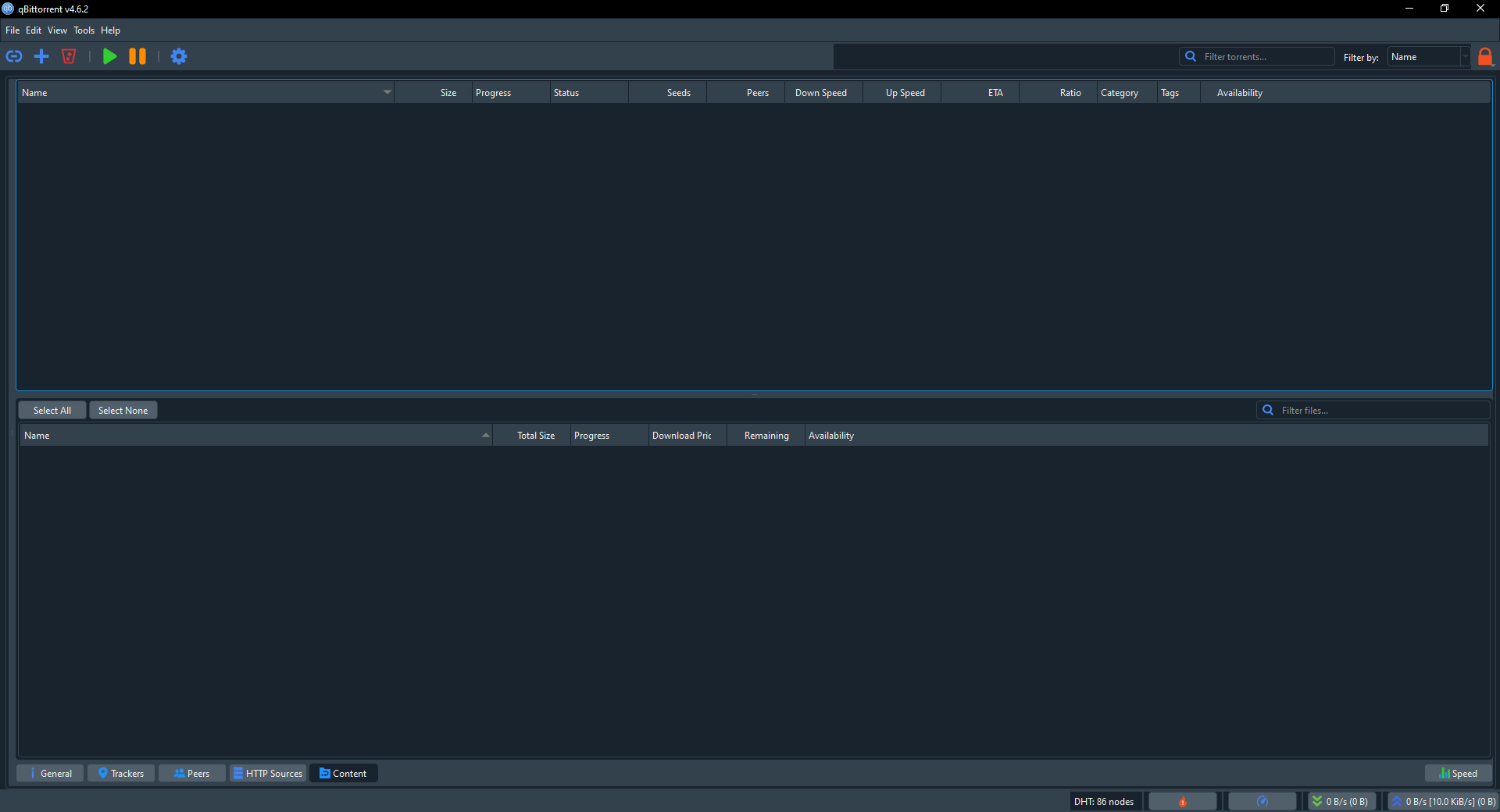
The installer is another custom application built by the repacker. The repack’s size and installation time depend on their methods. Repackers distribute these through private file hosting sites or torrents. Notable repackers include FitGirl and DODI.
Where Do These Repackers Get the Games?
Repackers acquire game files from scene releases. Scene groups are developers who bypass a game’s anti-piracy protections or DRM (Digital Rights Management). These private communities work independently to crack digital media, without intending to share with others. However, members often share their work through file hosting sites, sometimes for a fee.
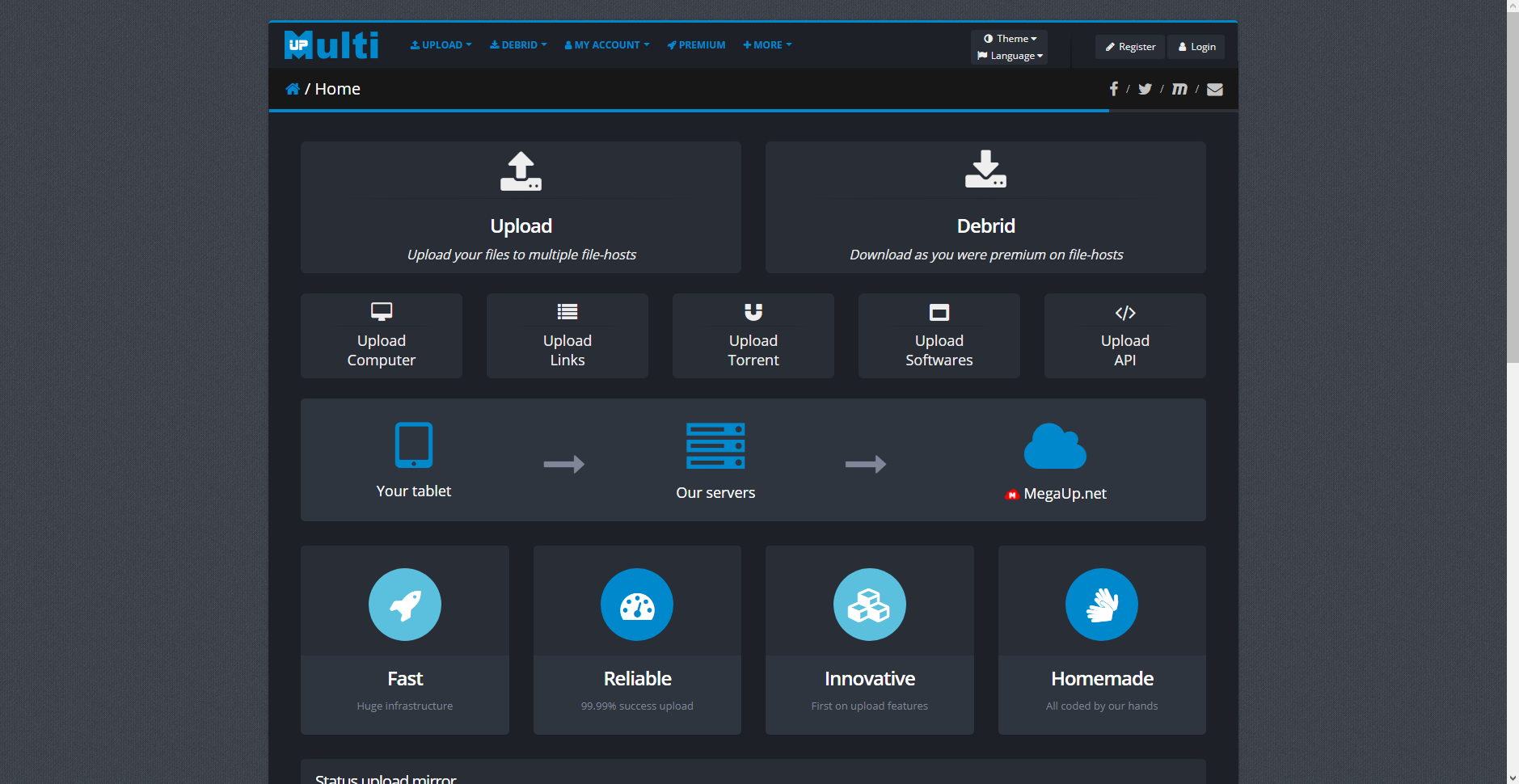
Someone might purchase a scene release and upload it to a piracy forum, where it can be freely downloaded or repacked for wider distribution. Well-known scene groups like CODEX and CPY focused on game cracking.
The Decline of Scenes and The Rise of Denuvo
Among various DRM solutions, Denuvo stands as the toughest. Recently, many scene groups have disbanded due to legal actions, unable to bypass Denuvo. Unlike other DRMs cracked shortly after a game’s release, Denuvo remains largely unbroken due to frequent updates and even recruitment offers to hackers who succeed in bypassing it.
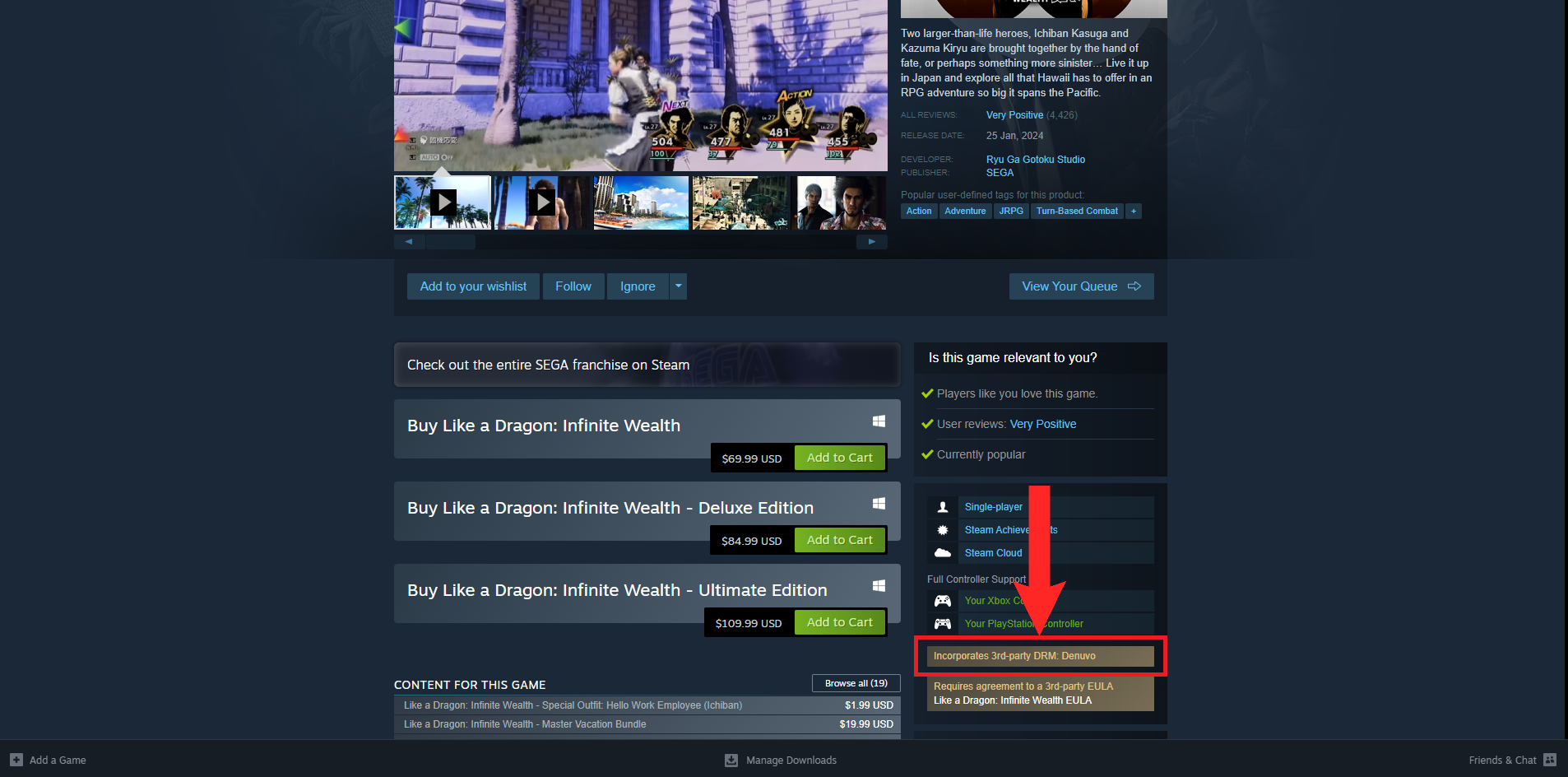
Sometimes developers, like CAPCOM, remove Denuvo after some time, allowing scene groups to crack games. Occasionally, an update may release without Denuvo by mistake, as seen with Gotham Knights. Currently, only a few people can crack Denuvo, the most famous being EMPRESS. However, they’ve recently gone silent possibly due to Denuvo identifying their methods. Even before, EMPRESS accepted only one paid request for a Denuvo game per month.
Why is Denuvo Not Used on Every Game?
You might wonder why every game doesn’t use Denuvo if it’s so effective. The reason is it has two major drawbacks: it reduces game performance and is costly to implement.
1. Denuvo Reduces Performance
Despite Denuvo’s claims, the gaming community and some game studios have shown that Denuvo impacts performance. A well-known case is Resident Evil: Village, where an update accidentally omitted Denuvo, revealing performance issues when it was re-added.
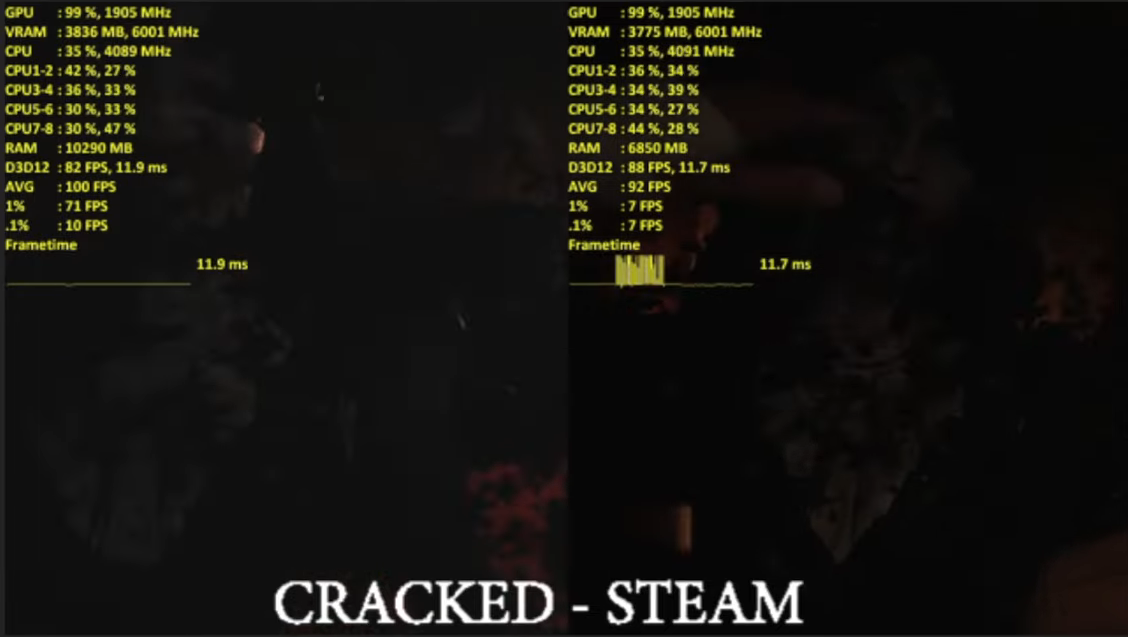
Recently, games like Rocksteady’s Gotham Knights have shown similar issues. Bandai Namco’s TEKKEN 8 opted not to use Denuvo despite using it in TEKKEN 7, indicating a choice to prioritize performance.
Denuvo continues to defend its product, announcing plans to allow third-party testing to prove there’s no performance impact, although there have been no updates since this announcement in July 2023.
2. Denuvo is Expensive
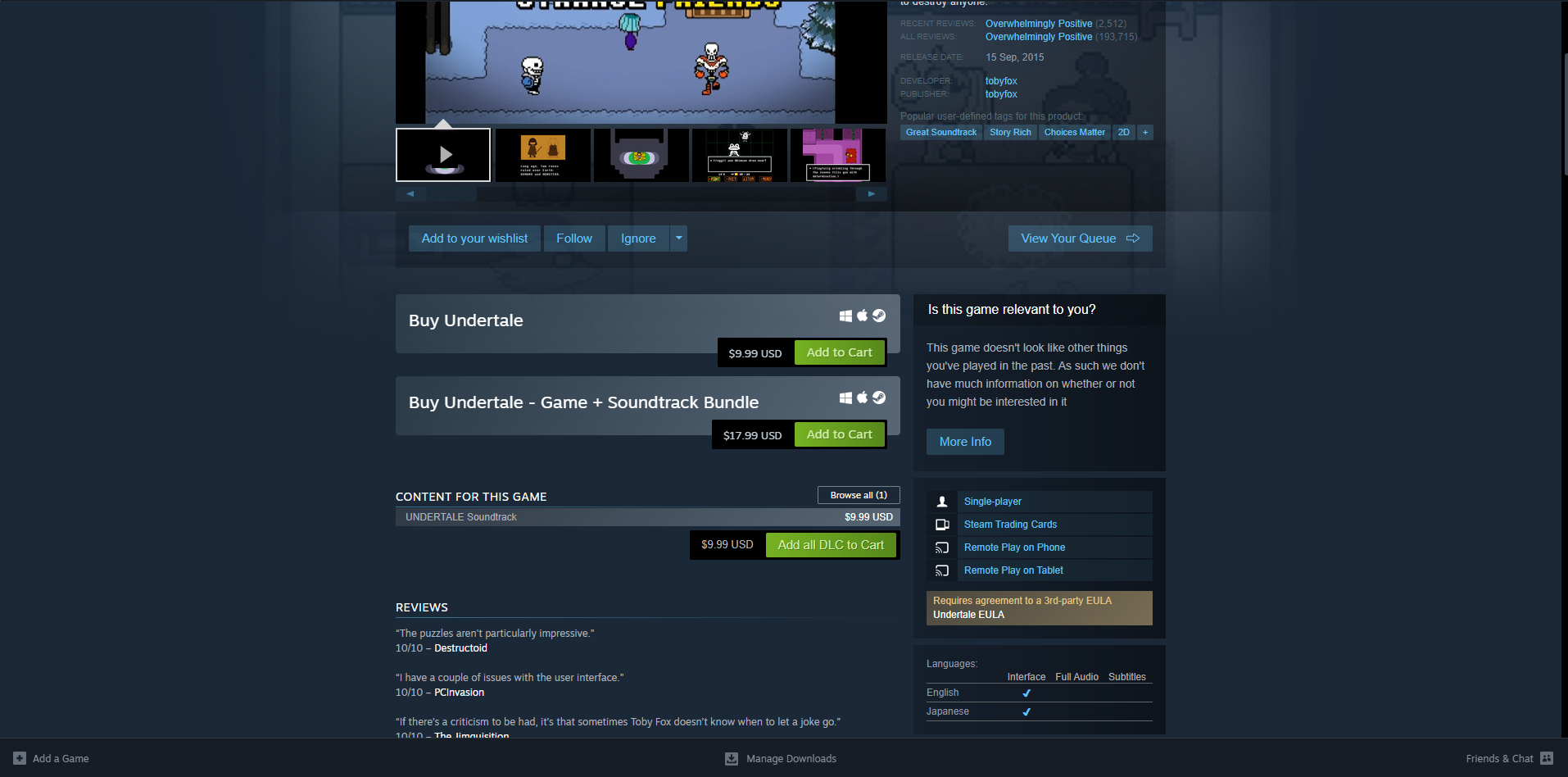
Another reason games avoid Denuvo is its high cost. Effective protection carries a hefty price tag, making it impractical for indie game developers. Ultimately, it’s up to the game studio to decide whether protecting against piracy justifies the expense.
 Reviewed by
Reviewed by 




